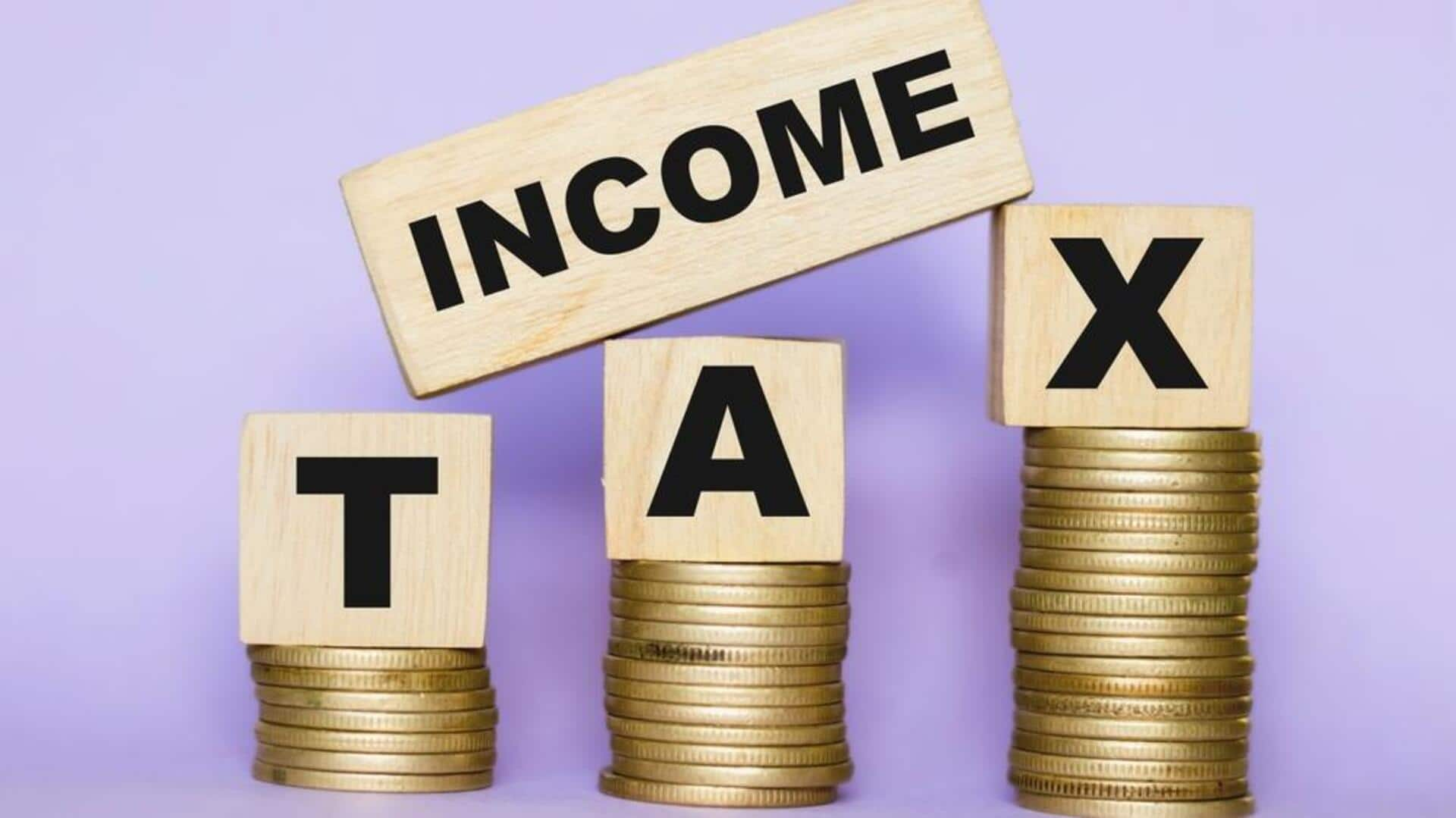
Modi government to introduce new income tax bill in Parliament
What's the story
The Indian government is all set to introduce a new income tax bill in the upcoming Budget session of Parliament, as per PTI. The move is aimed at simplifying the current I-T law and shorten its number of pages by about 60%. The proposed legislation is under the Ministry of Law and Justice's review and is likely to be introduced in Parliament in the second half of the Budget session.
Session schedule
Budget session and new law details
The Budget session will be held from January 31 to April 4. It will begin with President Droupadi Murmu's address to a joint sitting of the Lok Sabha and Rajya Sabha and the presentation of the Economic Survey for 2024-25. The Union Budget for 2025-26 will be presented on February 1. After a recess, Parliament will reconvene on March 10 and sit till April 4.
Act overhaul
Review of the I-T Act
The Central Board of Direct Taxes (CBDT) had constituted an internal committee to supervise a detailed review of the I-T Act, 1961, after Finance Minister Nirmala Sitharaman announced it in her July Budget. The review sought to make the Act more concise and clear, minimizing disputes and litigation while offering greater tax certainty to taxpayers. Around 22 specialized sub-committees were also formed to study different aspects of the Act.
Feedback process
Public input and stakeholder suggestions
The public was invited to provide inputs and suggestions in four categories: simplification of language, reduction of litigation and compliance, and removal of redundant/obsolete provisions. The Income Tax Department received more than 6,500 suggestions from stakeholders on the review of the Act. These contributions are likely to play a major role in shaping the new income tax bill.
Act revision
Streamlining the Income Tax Act
The existing Income Tax Act, 1961, which deals with direct taxes like personal income tax, corporate tax, securities transaction tax, etc., has roughly 23 chapters and 298 sections. The new bill seeks to drastically cut down on these provisions and chapters and remove the obsolete ones.